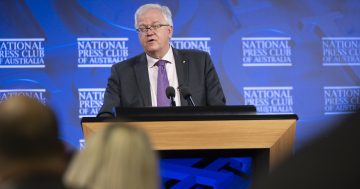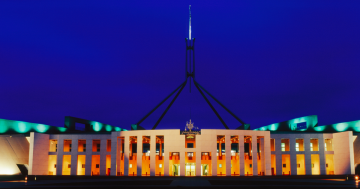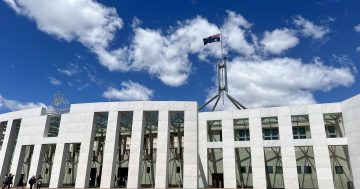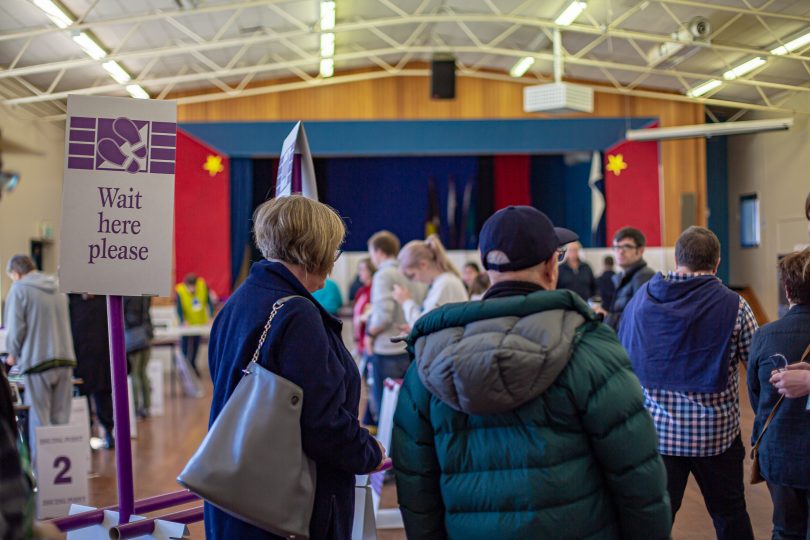
Voters wait their turn to make their choice on polling day. Photo: File.
The economy won out over the environment, not enough people warmed to Bill Shorten and a lot more voters, to paraphrase Australian Democrats’ founder Don Chipp, just didn’t trust the bastards.
That’s the verdict of a major study of the 2019 Federal Election from the Australian National University.
The latest Australian Election Study found trust in government has reached its lowest level on record, with just one-in-four Australians saying they had confidence in their political leaders and institutions.
Australians’ satisfaction with democracy is at its lowest since the constitutional crisis of the 1970s.
Just 59 per cent of Australians are satisfied with how democracy is working – down 27 percentage points from the record high of 86 per cent in 2007. The historic low was 56 per cent in 1979.
Lead researcher Professor Ian McAllister said he had never seen such poor returns for public trust in, and satisfaction with, democratic institutions.
“There is widespread public concern about how our democracy is underperforming,” he said.
Professor McAllister said the findings were a wake-up call and a clear warning the nation’s politicians needed to do better in their efforts to represent and win the confidence of everyday Australians.
“Trust in our politicians has been on a steady downward trend since 2007 when it sat at 43 per cent. In one of the most worrying findings from our study, a little over one-in-10 Australians, 12 per cent, believe the government is run for ‘all the people’.
“In contrast, more than half, 56 per cent, say government is run for a ‘few big interests’.
“With faith in democracy taking major hits all over the globe, winning back the people’s trust and satisfaction would appear to be one of the most pressing and urgent challenges facing our political leaders and institutions.”
Analysing every major Federal poll since 1987, the latest Australian Election Study also helps explain the shock 2019 result. Researcher Dr Jill Sheppard said the study found the Coalition had a strong advantage when it came to voters’ perceptions on who could manage the economy, while Labor had the advantage on environmental issues.
The most important policy issues for voters were management of the economy (24 per cent), health (22 per cent) and environmental issues (21 per cent).
“Voters swung to the Coalition based on the economy, tax and leadership. Voters swung to Labor on the environment,” she said.
“What the study shows is that a key concern for voters was the economy. And this is what tipped the balance in favour of the Coalition.”
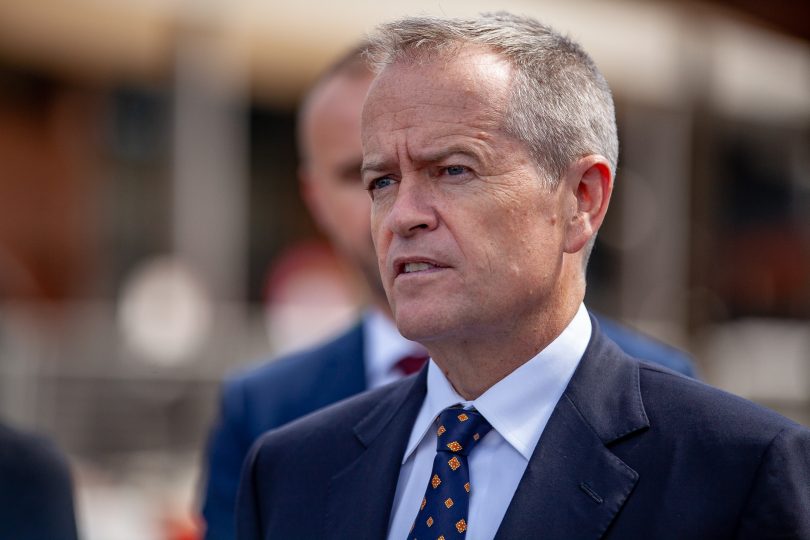
Bill Shorten was the least popular leader of any major political party since 1990. Photo: File.
Another factor explaining the 2019 election result is that fewer Australians align with the major political parties.
“The study shows a clear rise in support for minor parties among voters, while 21 per cent of Australians don’t align with any party at all,” Dr Sheppard said.
When it came to captains who make the calls, the study found Scott Morrison was the most popular political leader since Kevin Rudd in 2007. He scored 5.1 on a popularity scale of zero to 10.
In contrast, Bill Shorten was the least popular leader of any major political party since 1990.
Study co-lead author Dr Sarah Cameron from the University of Sydney said leadership played a different role in this year’s election compared with previous polls.
“Leaders have always played a major role in shaping voters’ choices and the 2019 election was no exception,” she said.
“But, the role of leadership in the 2019 election was different from other elections in two respects.
“First, Bill Shorten’s historically low popularity undoubtedly disadvantaged Labor. Second, the Liberals switch from Malcolm Turnbull to Scott Morrison was the fourth time a sitting prime minister had been replaced outside an election since 2010. A majority of voters, 74 per cent, disapproved of this.
“Voters are getting weary of constant changes of prime minister.”
The study found a growing divide between younger and older voters. The 2019 election represented the lowest Liberal Party vote on record for those under 35 (23 per cent), and the highest ever vote for the Greens (28 per cent).
It also found Labor’s working-class base continued to erode.
Gender differences in voting have changed over time. In the 1990s men were slightly more likely to vote Labor than women but in recent elections women have become more likely to vote Labor.
Men were much more likely to vote for the Coalition than women (men: 48 per cent; women: 38 per cent), while women were more likely to vote for the Greens (men: 9 per cent; women: 15 per cent).
For the first time, following the election on the Internet surpassed all other media sources, including television.











